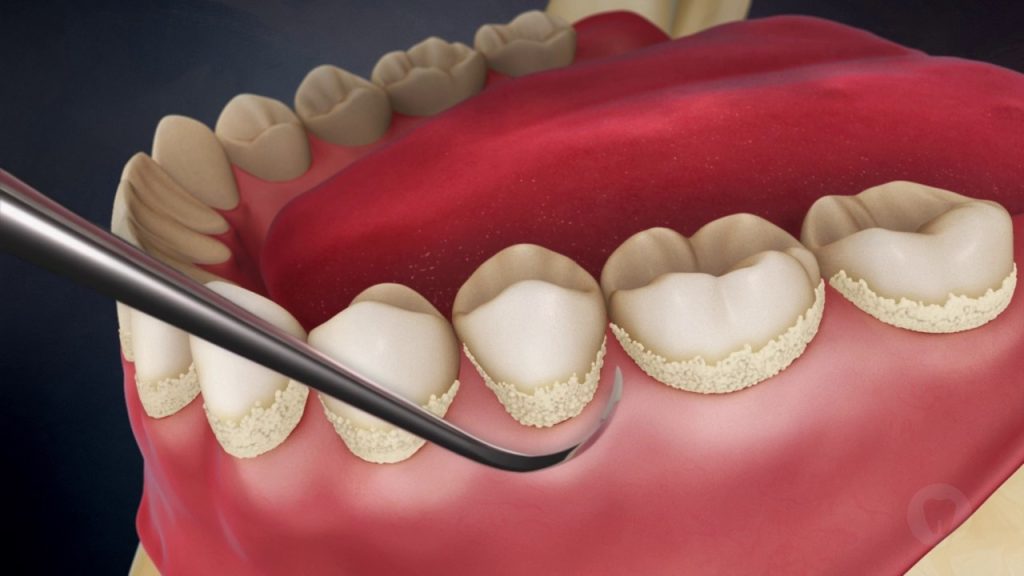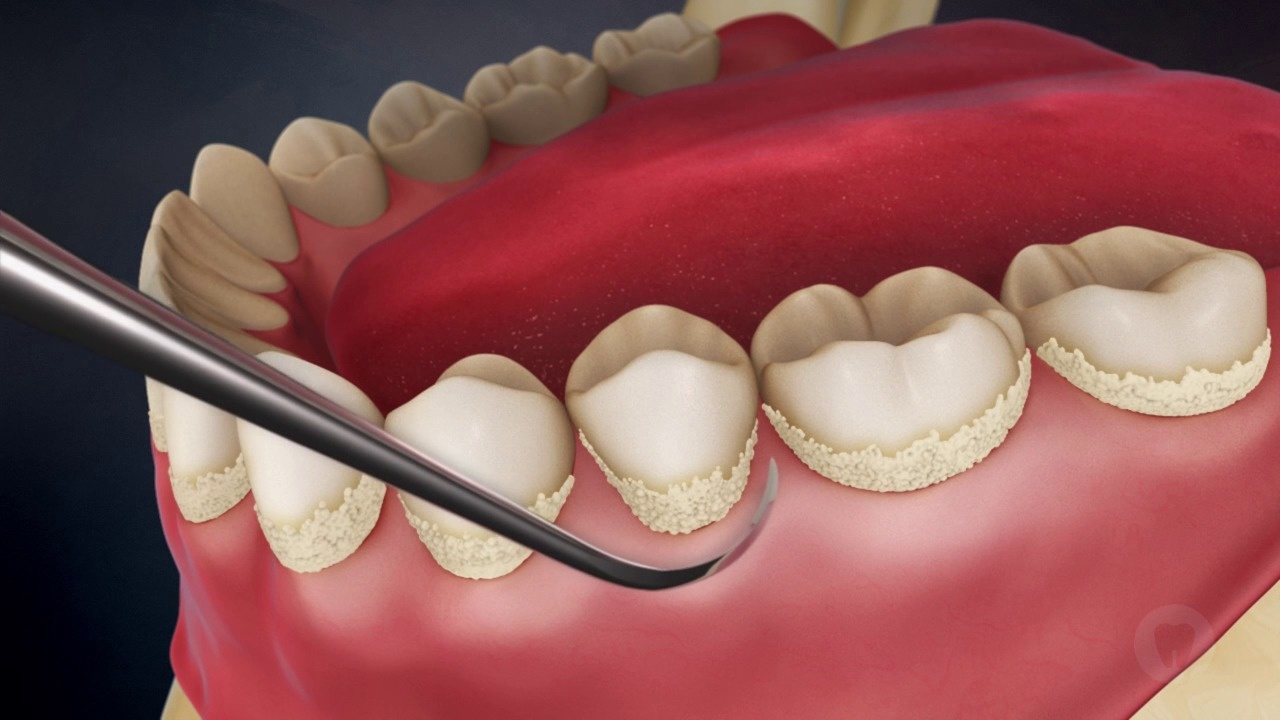What is Plaque and Tartar?
Plaque is a sticky film or layer of bacteria that forms on your teeth daily. It is a result of bacteria feeding on sugars and starches present in the food and drink we consume. If left unattended, plaque can harden and turn into tartar, also known as dental calculus.
Why Does Plaque Form?
The formation of plaque is a natural process that occurs when bacteria in your mouth interact with the sugars and carbohydrates from your diet. These bacteria produce acids that attack your tooth enamel, leading to the damage of your teeth. This can ultimately result in cavities, which are the most common dental issue.
There are several factors that contribute to plaque formation:
- Diets high in sugar and carbohydrates accelerates plaque formation.
- Inadequate brushing and flossing allows plaque to accumulate.
- A decrease in saliva flow can lead to increased plaque formation.
- Some individuals may be more prone to plaque formation due to their oral microbiome.
Why Does Plaque Turn into Tartar?

Tartar is formed when plaque is not properly removed through regular oral hygiene practices. As plaque sits on the teeth, it can harden into tartar. Several factors contribute to this transformation:
- Deposition or accumulation of minerals along with the plaque.
- The plaque harden into tartar when it is left on the teeth for a long time.
- Tartar formation is most common in areas where it’s difficult to remove plaque, such as the back molars and along the gumline.
Consequences of Tartar Buildup
Tartar is not just an aesthetic concern; it can lead to various oral health problems:
- Gum Disease
- Cavities
- Bad Breath
Preventing Tartar Formation
The good news is that tartar formation can be prevented or minimized through good oral hygiene practices:
- Brush your teeth with fluoride toothpaste.
- Floss regularly to remove plaque and food particles from between your teeth.
- Schedule regular dental checkups and cleanings, typically every six months. A dental professional can remove any tartar buildup and provide guidance on your oral health.
- Limit sugary and starchy foods and opt for a balanced diet high in fruits, vegetables, and dairy products.
- Use an antibacterial mouthwash to help reduce the bacterial load in your mouth, decreasing the formation of plaque.
- Drink Water
- Quit Smoking
Conclusion
Tartar formation is a common dental concern that can have very significant consequences for your oral health. Understanding why tartar forms and how to prevent it is crucial for maintaining a beautiful smile and overall well-being. By following good oral hygiene practices and making healthy lifestyle choices, you can limit the risk of tartar buildup and enjoy a lifetime of healthy teeth and gums. So, remember to brush, floss, and visit your dentist regularly to keep tartar at bay and maintain a confident, radiant smile.

